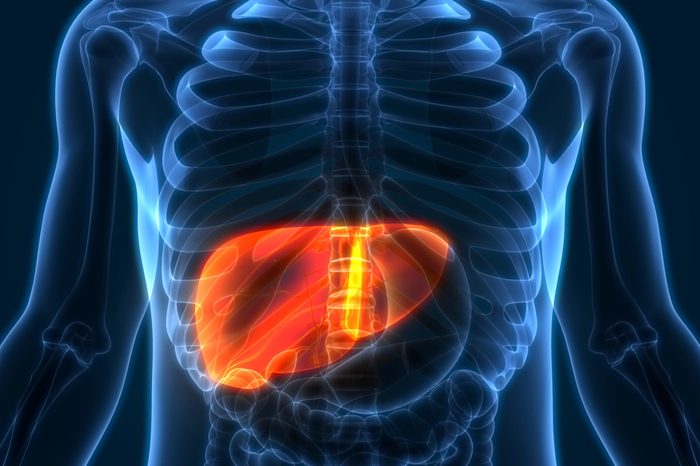
The best habits for your liver
Taking good care of your liver isn’t drastically different than taking good care of your overall health. For example, heavy drinking (of alcohol) can lead to liver disease—cutting back can protect you. But to reduce your risk of liver diseases such as hepatitis C, liver cancer, and nonalcoholic fatty liver disease, try to make the following habits a priority.

Drink coffee
There is extensive research on the benefits of coffee and liver disease, according to Rockford Yapp, MD, a member of the board of directors for the American Liver Foundation. “Several studies have shown that coffee helps slow or prevent liver cancer,” Dr. Yapp says. “It also has been shown in several studies to help prevent fibrosis, which is a scar tissue that can be so damaging to the liver.” Some research also shows that patients with hepatitis C, a common liver infection, who drink one to four cups of coffee per day slow down the virus, Dr. Yapp says.
The specific reason coffee helps is unclear, and Dr. Yapp notes that some people should avoid coffee because of other health conditions such as high blood pressure. Jasmohan Bajaj, MD, who specializes in hepatology, gastroenterology, and nutrition at Virginia Commonwealth University, adds that brewed, hot coffee is most effective at reducing your chances of developing advanced liver disease.
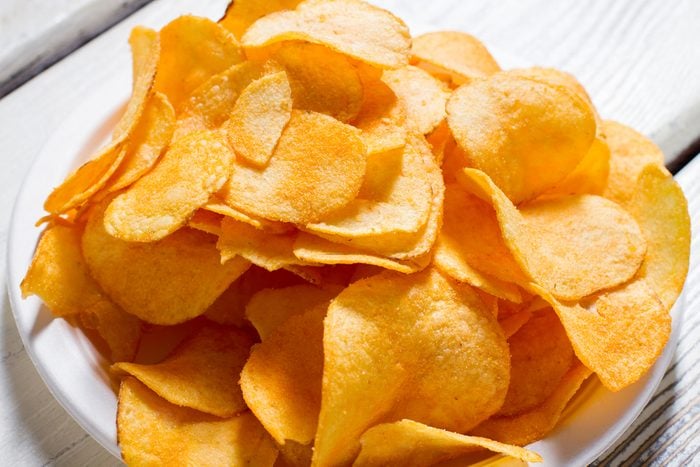
Avoid low-fat, high-sugar diets and foods with high-fructose corn syrup
Low-fat diets typically make up for the lack of fat with other ingredients such as sugar or high-fructose corn syrup, both of which the liver converts into fat, according to hepatologist Robert Brown, MD, director of the Center for Liver Disease and Transplantation at New York-Presbyterian/Weill Cornell Medical Center. Extra fat stored in liver cells is one characteristic of nonalcoholic fatty liver disease. “Avoid processed foods and especially those high in high-fructose corn syrup, which bypasses normal mechanisms that curb hunger and control insulin levels,” he adds.
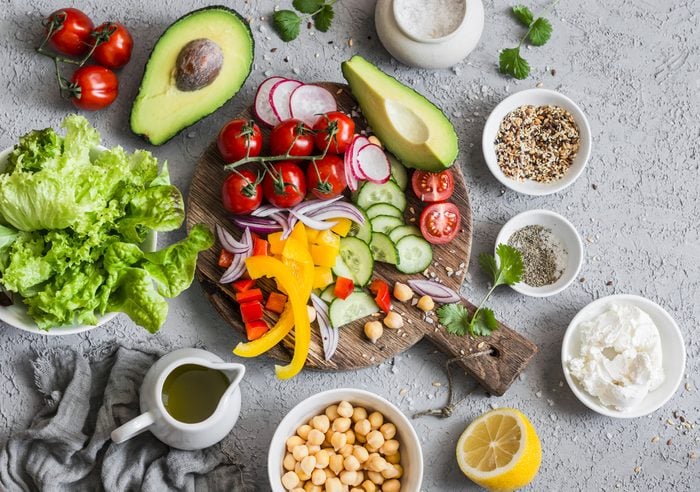
Try a Mediterranean diet
A healthy and balanced diet is good for your liver because it processes most of the foods we eat, Dr. Bajaj says. Dr. Brown specifically recommends a Mediterranean diet, with lots of healthy fats like avocados, lower carbs, and healthy proteins, especially fish. Dr. Yapp notes that although fats such as olive oil, walnuts, and avocados help the liver perform well, maintaining an overall healthy weight by ingesting an appropriate number of calories will benefit your liver more than just about anything.
A nutrient-rich diet and weight loss also can have an impact on metabolic syndrome, which is highly associated with nonalcoholic fatty liver disease, according to Dr. Yapp. Catherine Lucero, MD, a transplant hepatologist at New York-Presbyterian/Weill Cornell Medical Center, agrees and adds that the American Cancer Society has a helpful online tool to determine calorie intake.

Limit your alcohol intake
As we mentioned above, when it comes to alcoholic fatty liver disease, the most obvious and detrimental risk factor is alcohol intake. Dr. Lucero advises drinking in moderation, meaning no more than the daily recommended amounts of one drink per day for women or two drinks per day for men. That said, Dr. Brown and Dr. Bajaj note that no amount of alcohol is “good” for your liver. Instead, these guidelines are the safe maximums. And even occasional binge drinking is harmful and can lead to fat in the liver, Dr. Brown says. Women and people with a family history of alcohol-related problems are at a higher risk for liver disease, so it is essential to honestly discuss your current and past alcohol intake with your doctor. “This is very important because we often underestimate the amount of alcohol we drink,” Dr. Bajaj says.
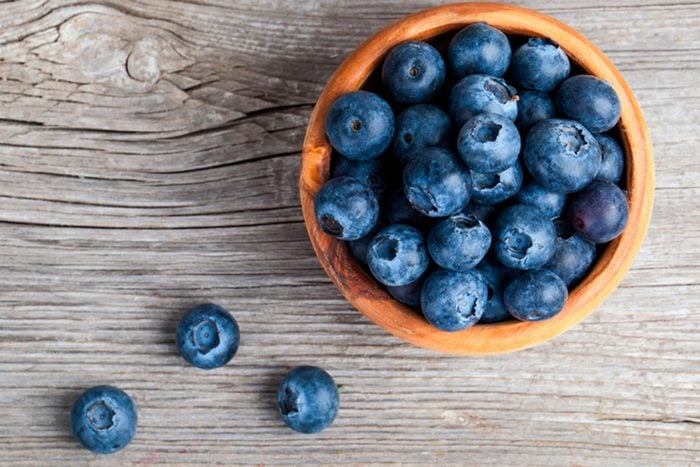
Eat more antioxidant-rich foods
The liver is the first line of defense against the outside world, Dr. Brown says. People can build up that defense by eating antioxidant-rich foods such as blueberries. Antioxidants from different foods likely benefit the liver by replacing the natural antioxidants the liver uses to detoxify the foods, chemicals, and other substances that people are exposed to, according to Dr. Brown. Plus, Dr. Yapp says, antioxidants also help reduce inflammation seen in different liver diseases. Some research in the World Journal of Gastrointestinal Pharmacology and Therapeutics also indicates that antioxidants may increase liver enzyme activity, but more studies are needed.

Move more
Although there is no official recommendation for exercise for liver health, Dr. Lucero says some data does suggest that exercising more than 150 minutes per week could be beneficial. “Or increasing activity by more than 60 minutes can help the liver if there is inflammation,” she says. “Examples include carrying light loads, riding a bike at a steady pace, or playing tennis for at least ten minutes.”
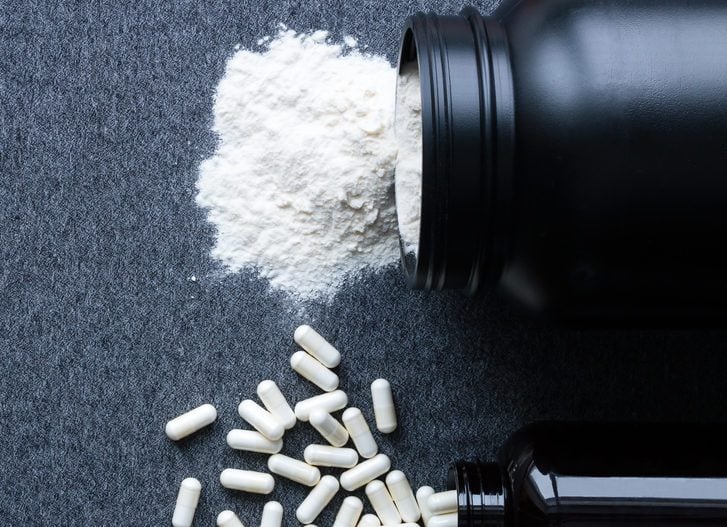
Ditch supplements
The FDA does not evaluate the safety and effectiveness of supplements before they’re marketed, which is one reason Dr. Lucero and Dr. Brown both advise avoiding them—especially ones that claim to “cleanse.” Liver toxicity from supplements and alternative medicines is common, according to Dr. Brown. “Everything natural is not safe,” he says. “To have an effect, there has to be a potential side effect, so for all of these, it’s ‘buyers beware.'”
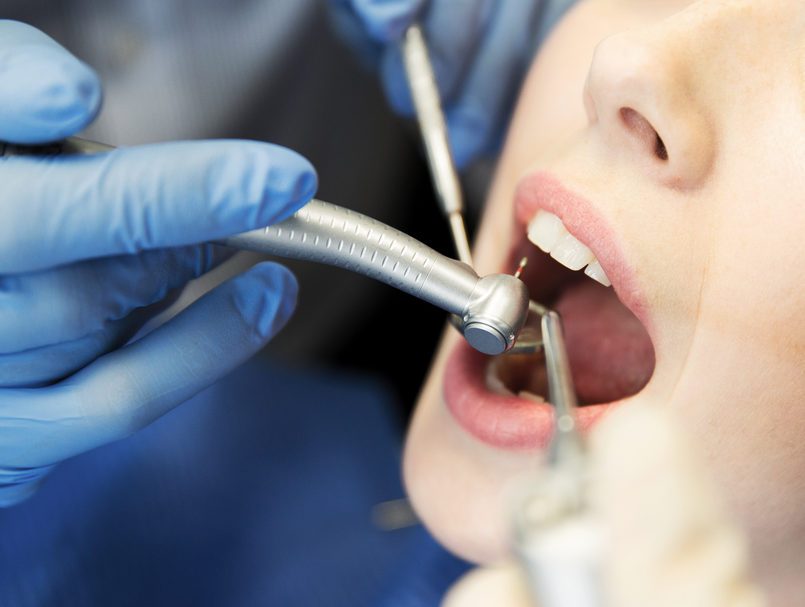
Take care of your teeth
The findings are preliminary, notes Dr. Bajaj, but there may be a connection between oral health and liver disease. “There is emerging literature that inflammation in your gums and teeth can be associated with inflammation in your body and the liver,” he says. “Therefore, regular visits to the dentist may help with your overall health, including the liver.” (Make sure you know the 9 signs of liver cancer you shouldn’t ignore.)
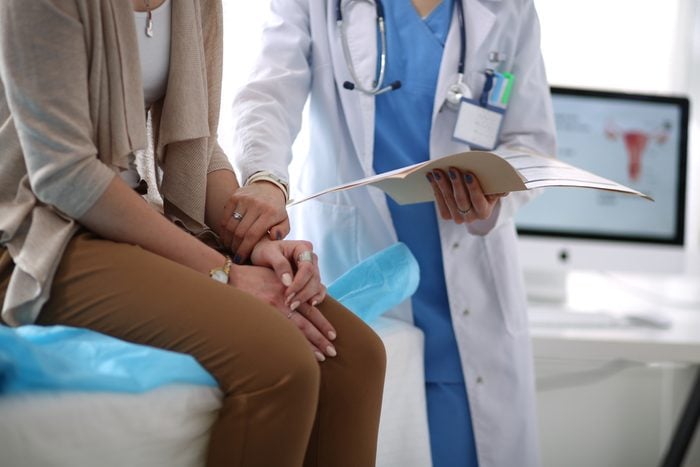
Don’t skip doctor’s visits
Baby boomers, or those born between 1945 and 1965, are at high risk for hepatitis C, according to Dr. Lucero and Dr. Brown, so they in particular should have their annual checkup and have their liver health monitored. According to Dr. Brown, your doctor isn’t always checking your liver for you, so ensure that you have liver blood tests done occasionally. “One in 12 people have liver disease, and more than half don’t know it,” Dr. Brown says.
Your primary care doctor also should discuss family history to ensure that you are not at risk for underlying genetic causes, and assess for risk factors for liver disease, including drug and alcohol use, according to Dr. Lucero. “The key is early recognition, as a lot of these diseases can be cured before they progress to end-stage liver disease if found early and treated.”
Next, check out the 9 fatty liver symptoms you need to watch out for.

